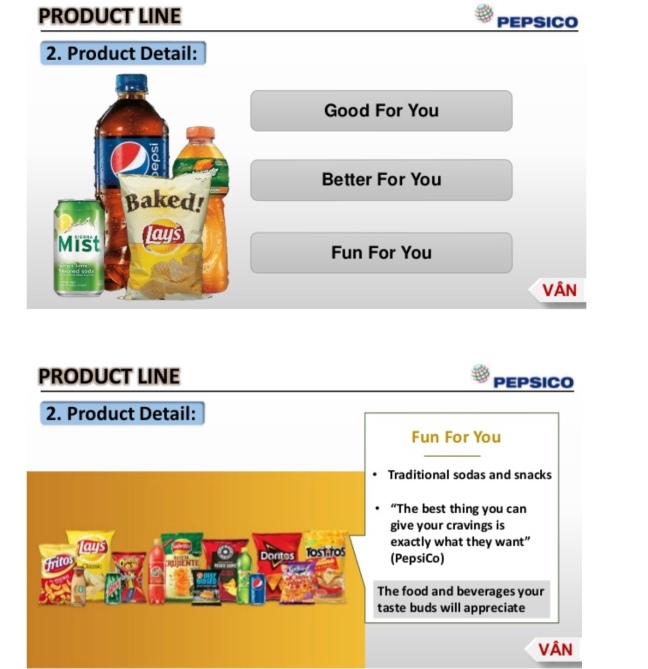“When PepsiCo. Inc.’s longtime chief executive, Indra Nooyi, announced that she was stepping down,” reports The Wall Street Journal, “Ivanka Trump was one of many people to voice her admiration for the departing CEO. “Indra, you are a mentor + inspiration to so many, myself included,” Ms. Trump wrote on Twitter.”
“Ms. Nooyi is finishing her tenure with a sterling reputation as a manager. She is credited with piloting PepsiCo through a rough period for the industry, as consumer tastes moved away from sugary drinks. She successfully fought off an activist investor’s attempt to break up the company and diversified into healthier snack and drink options before many competitors did. PepsiCo’s annual revenue increased 81% during her tenure to $63.5 billion last year.”
“Still, from a market perspective, her tenure wasn’t a complete success. PepsiCo’s total shareholder return during her time as CEO trailed both the S&P 500 index and rival Coca-Cola Co. PepsiCo’s market capitalization was $165 billion based on last Friday’s closing price, compared with $200 billion for Coca-Cola. When Ms. Nooyi took over, PepsiCo’s market cap of $106 billion was slightly larger than Coca-Cola’s, at $104 billion.”
If Wall Street gives Nooyi, mixed grades, what about public health? Nooyi is known for her desire to expand PepsiCo’sinvolvement in “good-for-you” foods. What were the results?
|
|
2006 |
2017 |
Percent increase |
|
Total PepsiCo revenues |
$35 billion |
$63.5 billion |
81% |
|
Revenues from “healthier” foods |
$13.3 billion |
$31.8 billion |
139% |
|
Revenues from “less healthy” foods |
$21.7 billion |
$31.7 billion |
46% |
The table above shows that while the proportion of revenues from “healthier” product increased more than for less healthy products like soda and high salt, high fat snacks, the total annual sales of less healthy products (dubbed by Nooyi as the “fun for you” foods) increased by $10 billion — 46% — during her tenure.
In other words, the total revenues from PepsiCo products most associated with diet-related chronic diseases increased significantly under Nooyi’s leadership. This suggests that PepsiCo’s contribution to the burden of premature deaths and preventable illnesses associated with these products also increased. This illustrates a classic dilemma for public health. Even if public health advocates succeed in persuading corporations to alter the mix of products they produce, if the company expands at the same time, its overall health damaging impact may increase even as it produces some healthier products. Moreover, the products PepsiCo and Nooyi label as “good for you” or healthy are often still high in unhealthy ingredients, even if they are fortified with vitamins or other nutrients.
